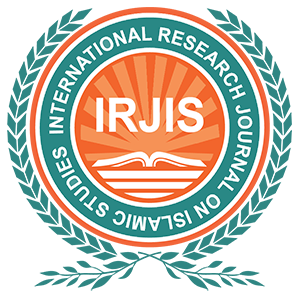ABSTRACT:
Orientalism has become an interesting and most vital movement in modern times. Its area of interest spreads from research to criticism and criticism to insult, it also has been dealt with modern strategies to colonize and occupied the third world countries. His past is the witness to this claim. In the past, many orientalists have been working to promote the Western agenda against Islam and Asian-African countries. The scholars observe the verity of orientalists in available stock. Some of them are partial and opponents, some of them are research-orientated and some of them have a soft corner to Islam and the East. But the point which is common among them is their criticism on the Seerah of the Holy prophet ﷺ. At this point, most of them have agreed upon attitude, although, their approaches are different from each other. Even some times they are found to criticize each other in this issue. Most interesting thing is that some of them have claimed to near Islam and Muslims or seem likewise. I mean a renowned contemporary orientalist and ex-catholic Christian Nun, Ms. Karen Armstrong. A highly literate lady on the study of comparative religions. Most of her work is upon the history of the religions. She has a good deal of books in her credit in this field. She has also written on the biography of the Prophet of Islam. Mostly, she writes positively but sometimes she seems to criticize the Holy Prophet ﷺ in the name of so-called academic impartiality. This paper critically evaluates Karan Armstrong’s objection on the Seerah of Holy Prophet ﷺ and try to search its answer academically in the light of Muslim scholarly views. Analytical and critical approaches have adopted in this paper. It is perceived from the study that most of her objections have no academic footings and some of them are due to lack of knowledge. It’s suggested, there is a need to revisit our strategy to encounter the movement of orientalism in the contemporary era.
Keywords: Karen Armstrong, Objections, Prophet’s Sῑrah, Critical Evaluation, Scholarly Views

